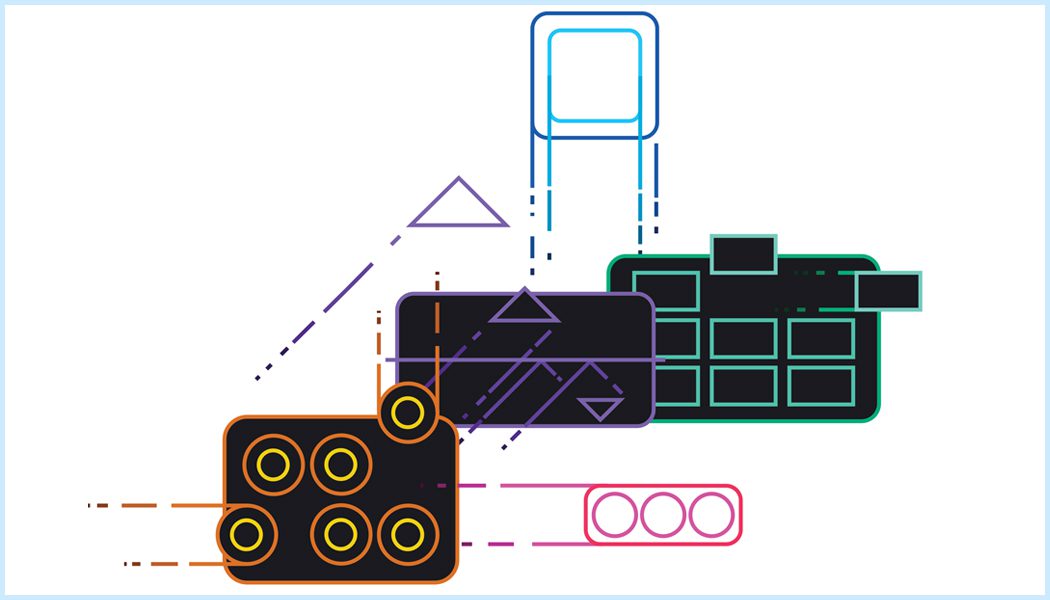Microsoft has announced the first release candidate (RC) of its Azure DevOps Server 2019.
Azure DevOps Server 2019 is the on-premise version of Azure DevOps, and is optimized for customers who choose to self-host.
Microsoft had introduced Azure DevOps in September this year for software development teams, allowing them to ship software faster and with higher quality. It comes with a number of services including Azure Pipelines, Azure Boards, Azure Artifacts, Azure Repos, and Azure Test Plans. These services are open and extensible which works well with all the applications regardless of framework, platform or cloud.
However, some customers need to run Azure DevOps on-premises, for isolated instance of Azure DevOps or because they want to run in regions where a hosted version of Azure DevOps is not available.
Microsoft said that the Azure DevOps Server 2019 will provide the codebase of Azure DevOps, and will come with fast and clean Azure DevOps user interface.
Features of Azure DevOps Server 2019
Along with support for SQL Server, it will also support Azure SQL. With this, Microsoft wants to allow businesses to self-host Azure DevOps in their own datacenter using an on-premises SQL Server.
Further, users will be able to self-host Azure DevOps in cloud, while leveraging benefits of Azure SQL capabilities and performance.
“With this release, Azure DevOps now provides best in class hybrid-cloud development collaboration capabilities allowing customers to install on-premises, self-host in the cloud, or use the globally available Microsoft hosted service to take advantage of automatic updates and automatic scaling,” wrote Jamie Cool, Director of Program Management, Azure DevOps, in a blog post.
Customers will get the new release management interface with the Azure DevOps Server 2019. It will make it easier for them to view the process of deployment. Azure DevOps’ end-to-end traceability enable users to easily know which bits are deployed to which environments.
“You can also mix and match agents self-hosted on-premises and in any cloud on Windows, Mac, or Linux. You can easily deploy to IaaS or PaaS in Azure as well as on-premises infrastructure,” added Jamie Cool.
Also read: Microsoft releases roadmap for Azure DevOps
Microsoft will continue to support all operating systems and SQL Server in Azure DevOps Server 2019. Hence, users of Team Foundation Server (TFS) 2018 can easily upgrade to the new release.
The tech giant will also support the direct upgrade to Azure DevOps Server from all versions of TFS.









Nice blog sir.